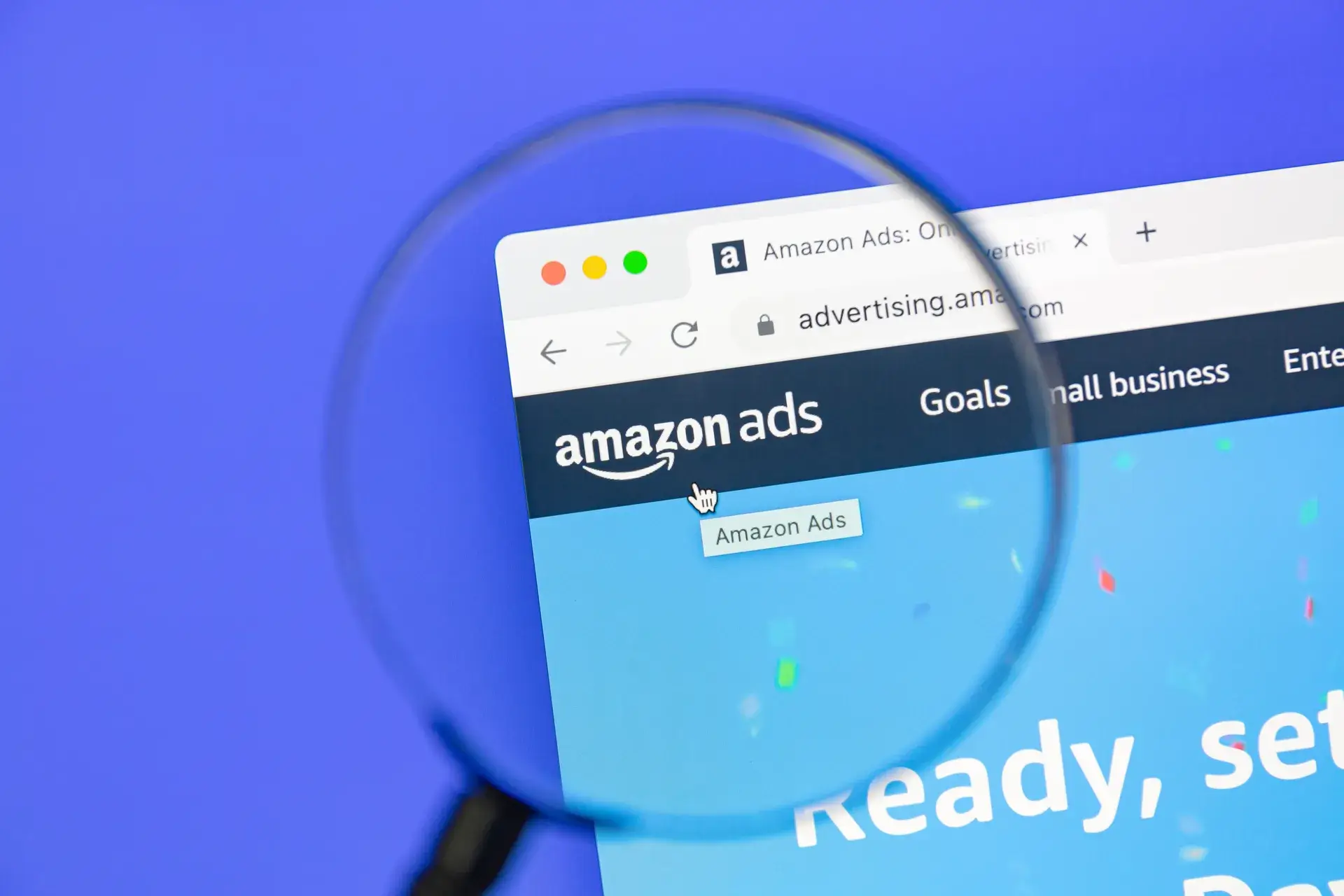Planning an event? Whether it's a conference, workshop, or product launch, effective marketing strategies are crucial for drawing attendees and making an impact. In this blog post, we'll cover the best marketing strategies for events that will help you engage your audience, increase attendance, and create memorable experiences.
1. Define Your Target Audience
Understanding your audience is essential for any marketing effort. Here’s how to define your target audience:
- Demographics: Identify age, gender, location, and interests.
- Psychographics: Understand values, motivations, and behaviors.
- Surveys and Feedback: Use past attendee feedback to refine your understanding.
2. Utilize Social Media Platforms
Social media is a powerful tool for event marketing. Use these strategies:
- Content Creation: Share engaging posts, videos, and stories about the event.
- Live Streaming: Broadcast parts of the event live for those who can’t attend.
- Engagement: Respond to comments and messages to foster community interaction.
3. Create a Dedicated Event Website
A well-designed event website serves as your marketing hub. Include:
- Clear Information: Dates, location, and agenda of the event.
- Registration Links: Make it easy for attendees to register.
- SEO Optimization: Ensure your event website is optimized for search engines to attract organic traffic.
4. Email Marketing Campaigns
Email marketing remains one of the most effective methods for event promotion. Consider these tips:
- Segmentation: Tailor your emails based on attendee interests or past participation.
- Automated Reminders: Use automated emails to remind attendees about registration deadlines.
- Personalization: Address recipients by name and customize content to boost engagement.
5. Collaborate with Influencers
Partnering with influencers can significantly broaden your reach. Follow these steps:
- Identify Relevant Influencers: Find individuals whose audience aligns with your target market.
- Mutual Benefits: Offer incentives for influencers to promote your event, such as free tickets or exclusive access.
- Content Sharing: Encourage influencers to share their experiences during the event.
6. Harness the Power of Content Marketing
Creating valuable content related to your event can attract attention:
- Blogs and Articles: Write about topics relevant to your event's theme.
- Podcasts and Interviews: Share insights from speakers or key participants.
- Visual Content: Use infographics and videos to promote the event.
7. Leverage Paid Advertising
Consider using targeted ads to reach potential attendees. Effective platforms include:
- Social Media Ads: Use targeted campaigns on platforms like Facebook and Instagram.
- Google Ads: Utilize search ads to target keywords relevant to your event.
Conclusion
Implementing these marketing strategies for events can significantly enhance your outreach and engagement. By defining your audience, leveraging social media, creating valuable content, and utilizing email and paid advertising, you can create a successful event that leaves a lasting impression. Ready to market your next event successfully? Contact Prebo Digital for expert guidance and support!







